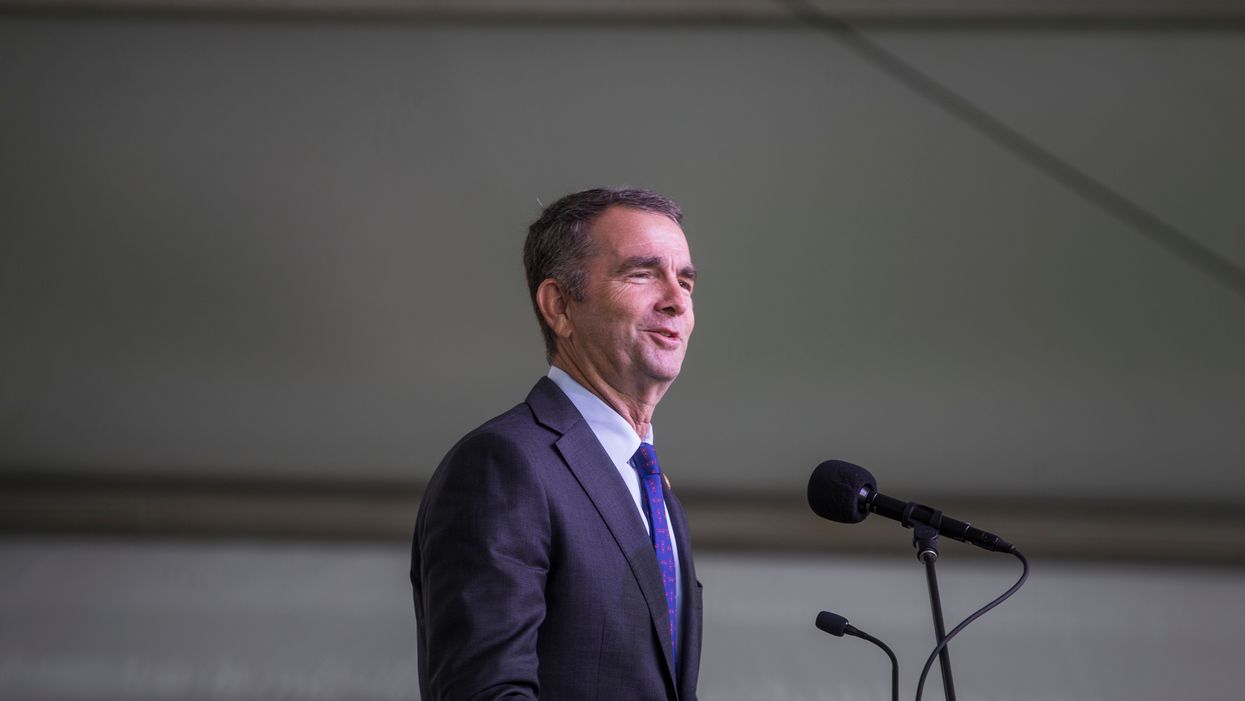More than 22,000 Virginians with felony convictions have regained the right to vote thanks to executive actions taken by Democratic Gov. Ralph Northam since he took office in January 2018, his office announced this week.
In a statement, Northam's office said he has so far restored the civil rights of 22,205 people who had been convicted of felonies and have since completed their sentences. Those civil rights include the right to vote as well as the right to serve on juries, run for public office and become a notary public.
Northam previously announced in February that nearly 11,000 convicted felons had their voting rights restored under his watch.
"Virginia remains one of the few states in the nation that permanently strip individuals of their civil rights after a felony conviction," Northam said in the statement. "I'm proud to use my executive clemency power to restore those rights to Virginians who have completed their sentences and returned to their communities seeking a second chance."
Northam's actions follow the lead set by his predecessor, Democratic Terry McAuliffe, who used his executive power to restore the voting rights of more than 200,000 convicted felons during his term.





















